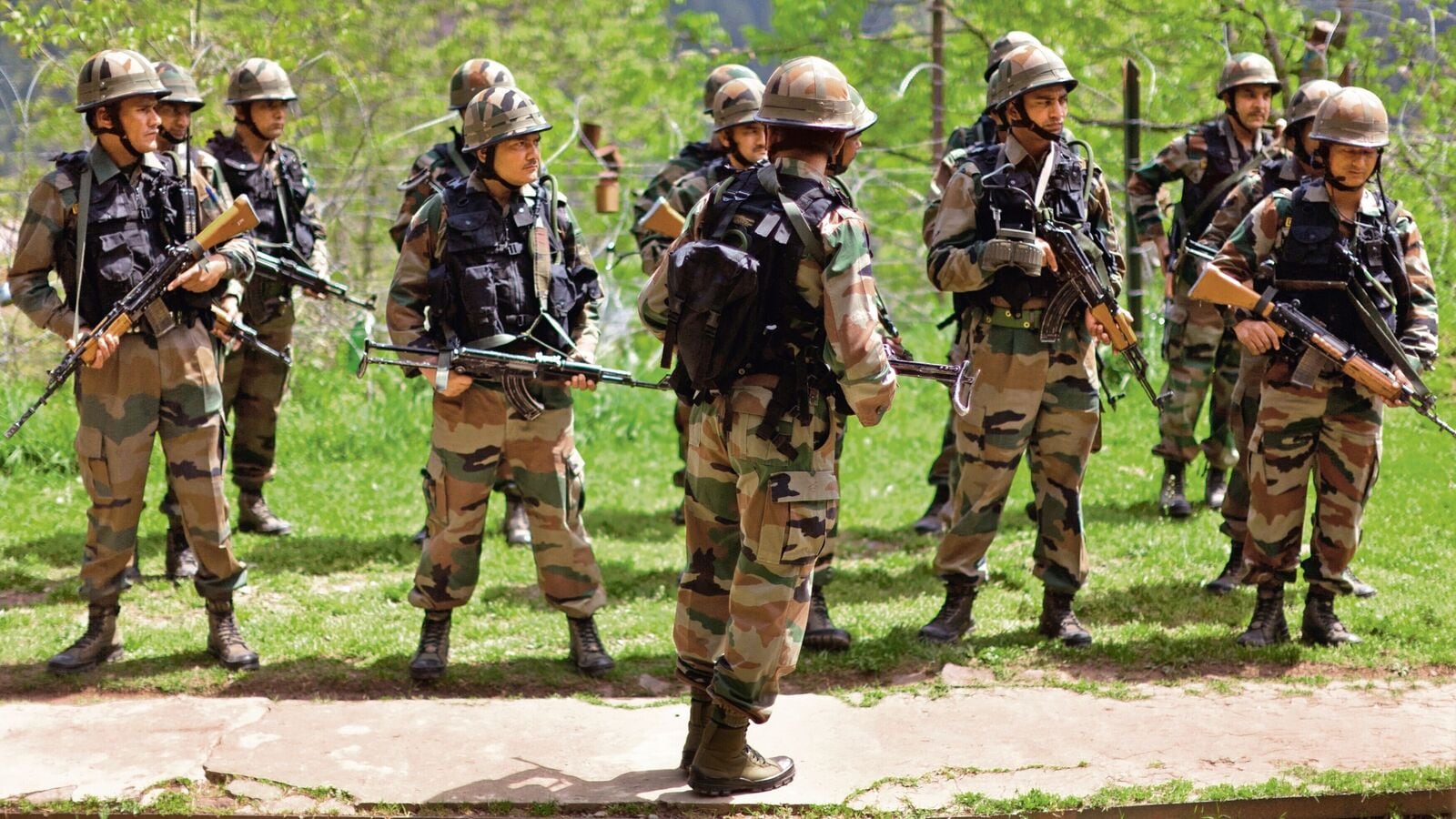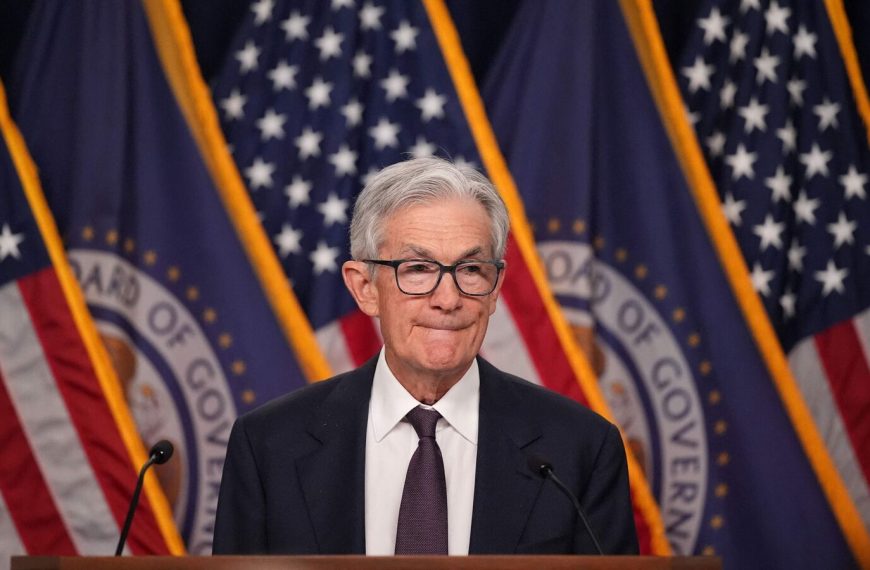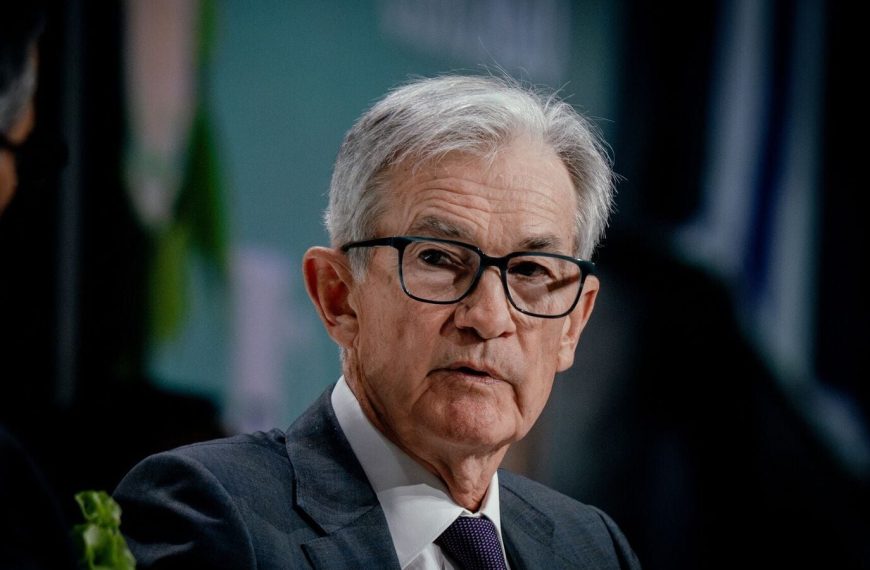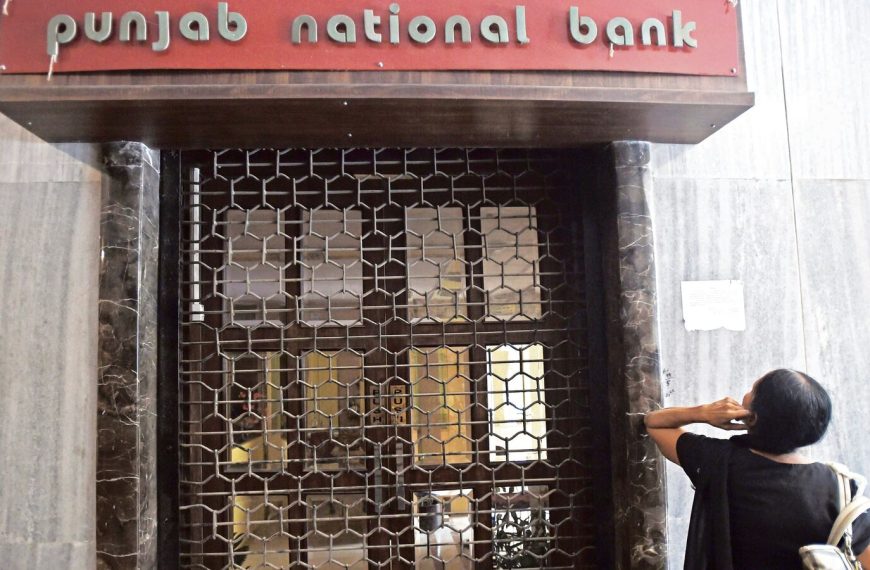The recent escalation in tensions between India and Pakistan has reached a pivotal moment with the launch of Operation Sindoor. This operation marks India’s most significant military action inside Pakistani territory since 1971. On Wednesday, Indian officials described the operation as a "precise and restrained response" aimed solely at terror camps, asserting that it has been conducted in a way that avoids civilian and military targets. However, this claim is met with skepticism from Pakistan.
Understanding Operation Sindoor
Operation Sindoor was initiated in response to a terror attack in Pahalgam that tragically resulted in the loss of 26 lives. Despite the renewed hostilities, the Indian stock market has shown resilience. Initially, the Sensex opened at 79,948.80, a drop of 692 points from its previous close of 80,641.07, but quickly recovered, gaining over 200 points to reach 80,845.
- Market Reaction:
- Sensex fluctuated, dropping to 80,609 shortly after.
- Nifty 50 also saw a minor decline of 0.08%.
- BSE Midcap remained stable, while BSE Smallcap dipped by 0.33%.
Market Sentiment Amidst Conflict
Financial analysts suggest that while India-Pakistan tensions could dampen market sentiment, they do not foresee a significant downturn. The nature of Operation Sindoor—targeted and non-escalatory—has been noted as a crucial factor in maintaining market stability.
VK Vijayakumar, Chief Investment Strategist at Geojit Investments, commented, “What stands out about Operation Sindoor is its focused approach. The market has already factored in potential retaliatory actions.” This indicates a level of preparedness among investors, which may mitigate adverse impacts on the stock market.
Historical Context of Market Resilience
Historically, the Indian stock market has demonstrated resilience during geopolitical crises:
- During the Kargil War (1999), the market experienced only a 0.8% decline.
- Following the 26/11 attacks in 2008, the Sensex rose by 400 points over two days.
- After the Pulwama attack in 2019, the market dropped over 1.8% but rebounded quickly.
Vijayakumar noted, “The domestic market does not panic during conflicts, especially when India holds a conventional military advantage.”
Investment Strategies in Turbulent Times
Experts advise investors to remain calm and focus on large-cap stocks known for stability. A diversified portfolio, particularly in sectors driven by domestic consumption, may be advantageous during this volatility.
Rajesh Sinha, a Senior Research Analyst at Bonanza Group, suggests prioritizing sectors resilient to market fluctuations:
- Leading Banks: Strong capital reserves make them a safe bet.
- FMCG Companies: These tend to have consistent demand, making them a defensive choice.
- Defense Contractors: Increased government spending on defense could boost their performance.
Trivesh D from Tradejini highlights the importance of monitoring sectors like defense and infrastructure, which often receive heightened attention during such times.
Final Thoughts
While the situation between India and Pakistan unfolds, investors are encouraged to avoid impulsive decisions based on fear. Instead, aligning with broader market trends and using downturns as opportunities to invest in quality stocks is recommended. As Vijayakumar pointed out, “Currently, there’s no deep value across sectors, but the financial sector is promising.”
For ongoing updates and insights on market dynamics, stay tuned to reliable financial news sources.











